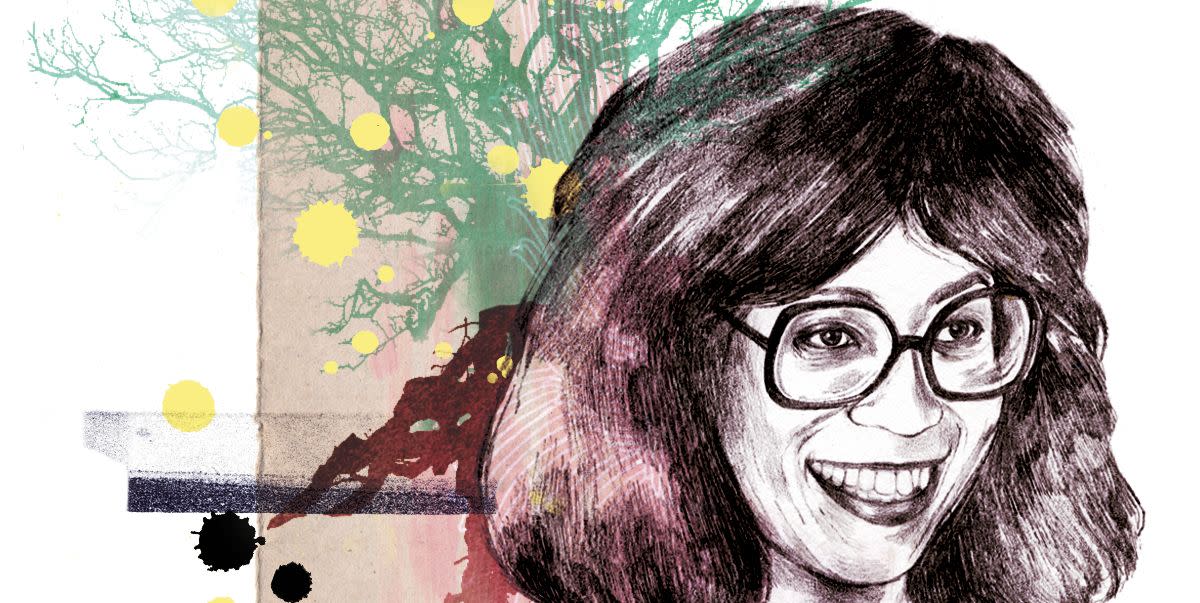"Roll of Thunder, Hear My Cry" Author Mildred D. Taylor Opens Up in a Rare Interview

More than 40 years ago, Mildred D. Taylor’s Song of the Trees introduced readers to the Logans, a Mississippi family only a couple of generations removed from slavery. That book was followed by the now-classic Roll of Thunder, Hear My Cry, which won the Newbery Medal and made Cassie Logan a literary heroine for the ages. All the Days Past, All the Days to Come is the final volume in the Logan saga, which has tracked the family through Jim Crow and the Depression, depicting the strength and love it takes to resist being dragged down by racism or torn apart by the winds of change. In this triumphant conclusion, Taylor brings the Logans through World War II, the Great Migration, and the civil rights movement, all the way to the Obama era.
In a rare interview, Taylor spoke with O books editor Leigh Haber about what’s kept her focused on this one emblematic family over the decades.
When you created these characters, what did you hope to accomplish?
I wanted to be published! And I wanted to tell the story of a strong Black family, like mine. I was bothered by how Black families weren’t represented as being whole—that they were without fathers, that men sired the children and left.
That wasn’t your experience.
Not at all. Everyone I knew lived with their mother and father, as did we. My father’s brothers were all married. That’s all I have in my family—strong Black men and women. I wanted people to see them.
When you were growing up, were there books that reflected you?
No, there weren’t. Not in textbooks, either. I remember being in fifth grade—we had just moved to a newly integrated neighborhood in Toledo—and I was one of the few Black kids in my new school, and the only one in my class. We were studying slavery and the Civil War, and the way the enslaved were depicted infuriated me.
Why?
They were portrayed as docile, accepting their fate without attempting to free themselves, devoid of any heroic or pride-building qualities. I knew differently, as my great-grandfather was born into slavery. What we were being taught felt like a condemnation of my ancestors, and of me.
What did you do?
I’d sit tensely, getting irate. Finally, one day I stood to answer a question and began telling them about my great-grandfather, whose father was a plantation owner, and his mother, a slave with American Indian and African ancestry. As I spoke, some students snickered, and the teacher didn’t seem to believe me. I sat down, humiliated, and didn’t talk about it again.
In high school, you finally found a fictional character you could relate to when you read and loved To Kill a Mockingbird.
I did. I found the relationship between Scout and Atticus very beautiful.
Scout and Cassie have some similarities, right?
Yes, Harper Lee and Scout were an important influence, but for Cassie, I drew on my own life and the stories I’d heard on our porch in Mississippi.
One of those stories became a scene in the new book, when Little Man is on a bus with Cassie, his sister. They’re en route home to visit their parents. They’re in the rear of the bus but keep having to sit farther back when more white passengers get on. A curtain on a rod separates the front and the back, and the driver keeps moving it, making the space for Black passengers ever smaller. That was inspired by a real incident?
Yes. One of my uncles was traveling home from Fort Hood before being sent off to World War II. He was drafted out of school and wasn’t happy about having to fight in what he thought of as a white man’s war, in a segregated army. On the bus, he got so frustrated about having to move farther back that he complained to the driver, which could have gotten him arrested. While still many miles away, he chose to get off the bus rather than put up with it.
You—and the Logans—have seen so much change. We think racial tensions are fraught now, but what evolution have you seen?
We were totally separated back then, so even with all the current turmoil it’s not the same kind of feeling. In the 1960s, Blacks didn’t want to deal with whites, and whites didn’t really want to deal with Blacks. It’s not perfect now, but it’s much better.
How did you feel when President Obama was elected?
I was in Toledo with my 90-year-old mother and my uncles. None of us thought it would ever happen. It was a great night. We cried. Oh, my goodness, we went wild.
For more stories like this, sign up for our newsletter.

